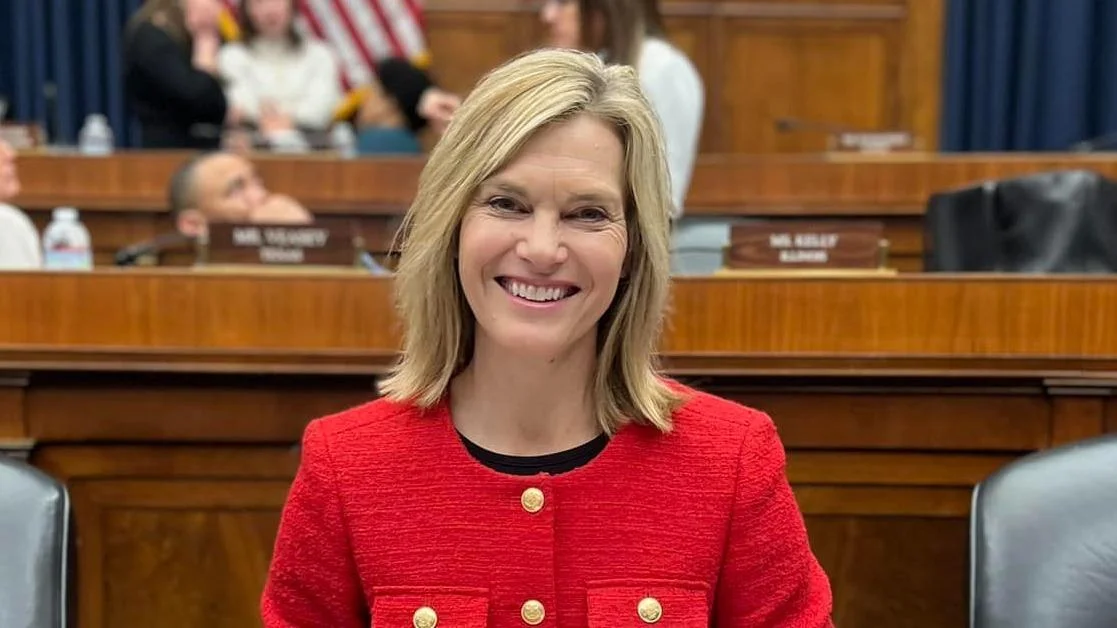Julie Fedorchak Congresswoman | Official Website
Julie Fedorchak Congresswoman | Official Website
Congresswoman Julie Fedorchak of North Dakota recently addressed the House, advocating for the gradual removal of tax credits related to wind and solar energy. The Republican representative emphasized that prioritizing grid security over taxpayer-funded incentives is essential, citing that these subsidies are skewing energy markets towards resources dependent on weather conditions.
Fedorchak has proposed legislation known as the Ending Intermittent Energy Subsidies Act. This act aims to phase out production and investment tax credits for renewable energy sources over five years. Her background includes a role as a utility regulator in North Dakota, with extensive experience in MISO energy markets and a term as President of NARUC.
In her speech, Fedorchak highlighted several reasons for eliminating these subsidies. She stated that maintaining such incentives incurs significant costs to taxpayers, estimated at up to $900 billion over ten years. Furthermore, she pointed out the risk of power grid instability, noting that two-thirds of the United States currently faces potential power shortages.
The congresswoman argued that while grid operators require dispatchable resources like coal, natural gas, and nuclear power, current policies favor less reliable alternatives. As evidence of this issue, she cited Spain's recent blackouts due to heavy reliance on wind and solar energy.
Fedorchak also mentioned that 95% of projects waiting to connect to the U.S. grid involve wind and solar technology—an outcome driven by substantial federal subsidies rather than market demand. According to her argument, removing these financial supports would enable private investments in more appropriate technologies for current grid needs.
Additionally, she noted the maturity of wind and solar industries, stating they no longer require emerging technology support since they now account for 17% of electricity generation in America. With reduced costs and increased efficiency compared to earlier decades when tax credits were first introduced, Fedorchak believes these sectors can sustain growth without government assistance.
Finally, she argued that eliminating subsidies aligns with an all-encompassing energy strategy promoting competition among viable technologies like wind or solar power—ultimately benefiting taxpayers through savings while enhancing national competitiveness regarding reliable infrastructure systems across diverse sectors such as artificial intelligence advancements demanding additional electricity supply capacities.






 Alerts Sign-up
Alerts Sign-up